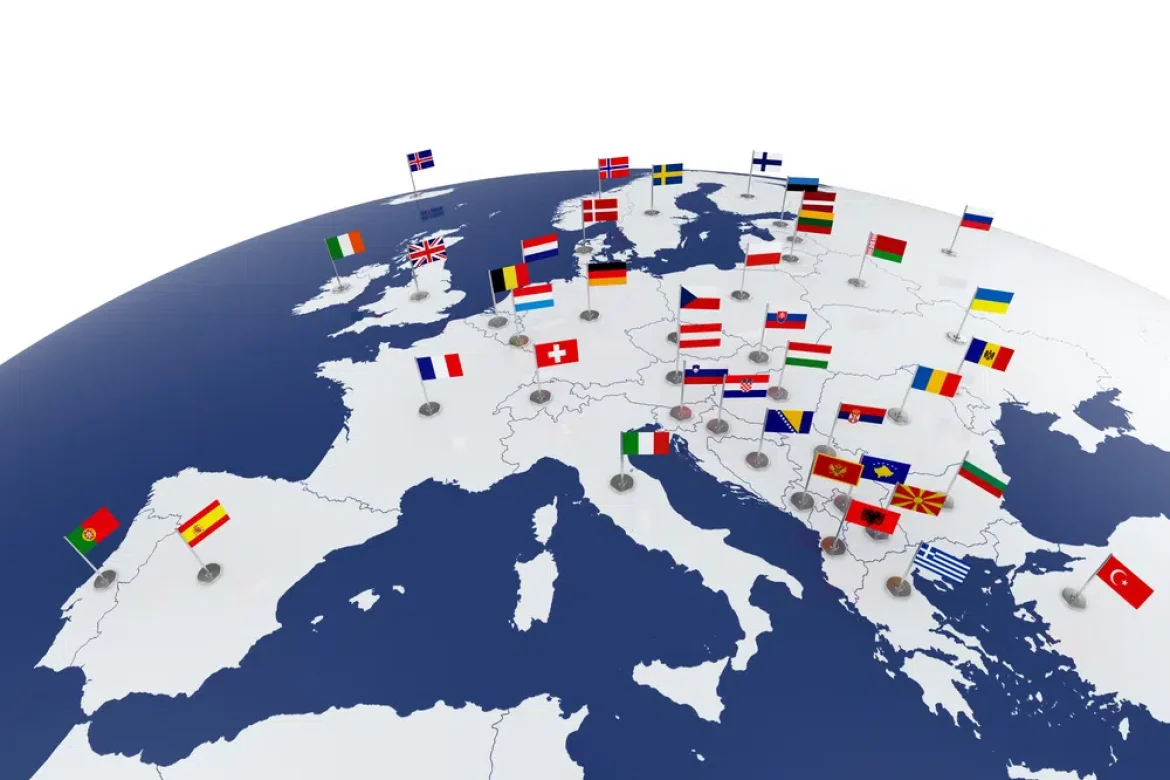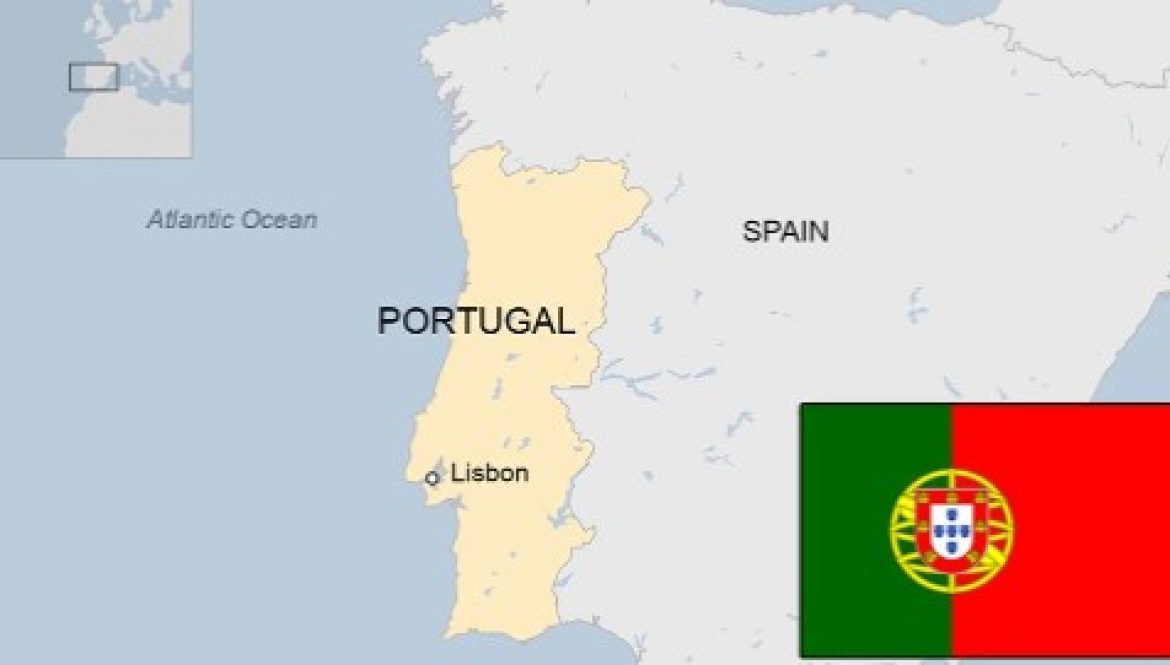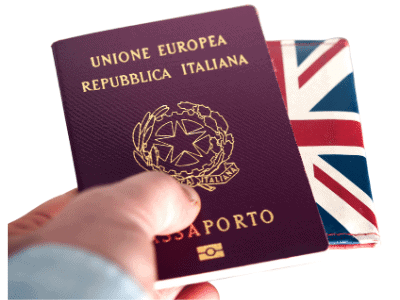
Expert Advice

The Consumer Financial Protection Bureau announced on Wednesday a proposal to delay the effective date of the TILA-RESPA Integrated Disclosure rule until Oct. 1.

Foreigners aiming to achieve residency status in Europe can do so by undergoing due diligence and purchasing residential or commercial real estate valued at €500,000 or more. However, the investment requirement can be lowered to €280,000 if the property in question requires reconstruction and is located in a sparsely populated area of the country. As of January 1st, 2022, foreigners are prohibited from buying housing in Lisbon, Porto, and coastal resort towns. Investments can be made in properties located in the Azores, Madeira, or inland regions of the country. Rising Property Prices in Portugal Property prices in Portugal are on a continuous upward trajectory, increasing by an average of 7% per year, according to PwC analysts. Lisbon boasts the highest property prices, with costs reaching up to €10,000 per square meter. Property Taxes in Portugal When purchasing real estate, buyers are subject to taxes and fees amounting to 12 to 15% of the property’s value. The primary tax expense is the transfer tax, which varies based on the property’s value, type, purpose, and location. – Primary Residence: No transfer tax is applied to the first €92,407 of the purchase price for properties designated as primary residences. Beyond this amount, the tax rate increases. – Annual Council Tax: Property owners are required to pay an annual council tax ranging from 0.3% to 0.8% of the appraised property value. For properties undergoing reconstruction, a preferential tax regime is often available, exempting buyers from both the transfer tax and annual council tax. Maintenance Costs Maintaining an 85-square-meter apartment in Portugal typically costs between €65 and €170 per month. Conclusion Investing in real estate in Portugal offers potential residency benefits and a growing market, though it comes with significant tax obligations and maintenance costs. Understanding these financial commitments is crucial for prospective buyers.

Recommended
European Property Investment: Your Guide to Profitable Ownership
Top 10 International Retirement Destinations for 2024
The 30-Year Real Estate Upswing: A New Era of Global Investment
EU Countries Offering Citizenship by Descent and Their Application Rules
Exploring Croatia: The 4 Most Affordable Cities for Digital Nomads
Read more

Let’s delve into the intricacies of the Viager System, a unique method of property ownership in France that offers both buyers and sellers distinctive financial opportunities.
Understanding the Viager System: An Overview
Embark on a journey through the captivating realm of French real estate as we explore the Viager System, a fascinating approach to buying and selling homes in France. This system presents an extraordinary chance for homeowners to unlock equity from their property while offering potential financial advantages for buyers. Let’s delve deeper into this distinctive avenue of homeownership and investment.
Read more

Recommended
European Property Investment: Your Guide to Profitable Ownership
Top 10 International Retirement Destinations for 2024
The 30-Year Real Estate Upswing: A New Era of Global Investment
EU Countries Offering Citizenship by Descent and Their Application Rules
Exploring Croatia: The 4 Most Affordable Cities for Digital Nomads

Italy, celebrated for its rich culture, breathtaking landscapes, and mouthwatering cuisine, has always been a coveted destination. For those contemplating a move to Italy and possessing the financial means to invest, the Italy Investor Visa Program could be your gateway. This comprehensive guide will walk you through the entire process of relocating to Italy through this program, detailing each step, and showcasing how you can move to Italy by investing in innovative Italian startups.
Understanding Italy’s Investor Visa Program
Italy’s Investor Visa Program is designed to attract global investors and entrepreneurs. It provides a clear pathway for non-European Union (EU) citizens to obtain a visa and subsequent residence permit in Italy in exchange for making specified investments in the country. This initiative allows you to enjoy the unique Italian lifestyle while contributing to the nation’s economy.
Diverse Investment Options
One of the program’s key attractions is the variety of investment options, which can be tailored to your financial capacity. Here’s a closer look at these options:
1. **Start-ups**: Invest in innovative start-up companies in Italy. Although there isn’t a fixed minimum amount, the investment must be considered “innovative.”
2. **Government Bonds**: Invest a minimum of €2 million in Italian government bonds, a secure and straightforward option for risk-averse investors.
3. **Companies**: Invest a minimum of €500,000 in an Italian company, contributing to economic growth and potentially yielding dividends.
4. **Philanthropic Donations**: Make donations for cultural, educational, or migration management purposes, with the amount varying based on the specific initiative supported.
Italy’s Thriving Startup Ecosystem
Italy’s startup scene has been quietly booming over the past decade, offering numerous innovative opportunities across diverse industries. Some notable successful exits include Yoox Net-a-Porter Group and Musixmatch, highlighting the global appeal of Italian tech startups.
Key Channels for Discovering Startups
– **Incubators and Accelerators**: Prominent institutions like H-Farm, Luiss EnLabs, and PoliHub nurture entrepreneurial talent, offering fertile ground for investment.
– **Coworking Spaces and Startup Hubs**: Dynamic networks such as Talent Garden and Impact Hub Milano provide environments conducive to innovation and collaboration, making them excellent places to find promising startups.
Step-by-Step Application Process
1. **Preparation**: Gather necessary documents, including certified Italian translations of financial statements and a comprehensive business plan.
2. **Submit Application**: Use the Investor Visa Program’s online platform to submit detailed personal information and specify your investment type.
3. **Evaluation**: A dedicated committee reviews your application to ensure compliance with legal requirements and the validity of your investment option.
4. **Visa Pre-Approval**: Upon approval, receive a Certificate of No Impediment (“nulla osta”), permitting you to apply for an investor visa at the Italian Embassy or Consulate in your home country.
Securing Your Visa and Residence Permit
1. **Visa Application**: Apply for your investor visa at the Italian Embassy or Consulate within six months of receiving your nulla osta.
2. **Entering Italy**: Upon arrival, apply for your investor residence permit at the local Questura within eight working days.
3. **Integration Agreement**: Sign an “accordo di integrazione” with Italian authorities, committing to integrating into Italian society.
Executing Your Investment
Execute your investment within three months of arrival in Italy, ensuring it meets program requirements. This could involve providing documentation for securities purchases, bank deposits, or donations, depending on your chosen investment option.
Maintaining Your Investment
Sustain your investment for the duration of your residence permit, with opportunities for renewal in three-year periods by demonstrating continued compliance.
Conclusion
Italy’s Investor Visa Program is an exceptional opportunity to establish residency in Italy while contributing to its economy. With flexible investment options tailored to your financial capacity and aspirations, this program is your gateway to enjoying la dolce vita. If you’re ready to embark on a journey filled with culture, history, and exquisite cuisine, this program awaits you. Buon viaggio!

Working abroad is increasingly popular for those seeking higher income, new experiences, or cultural immersion. For expats within the EU, London ranks highest in cost of living, with an average monthly expense of nearly €3,258, followed by Dublin at €2,908, according to bunq, Europe’s second-largest neobank. Their study compared costs in 27 EU capitals and the UK, including rent, transportation, coworking spaces, and utilities.
Most Affordable EU Capitals for Expats
1. Bucharest, Romania
– Average Monthly Cost: €935
– Rent for One-Room Apartment: €417
Bucharest tops the list as the cheapest EU capital for expats, with a low average monthly cost covering rent, public transportation, and utilities.
2. Budapest, Hungary
– Average Monthly Cost: €1,091
Budapest ranks second, offering a low cost of living for expats.
3. Athens, Greece
– Average Monthly Cost: €1,191
Athens is the most affordable southern European capital for digital nomads and expats.
Most Expensive EU Capitals for Expats
1. London, UK
– Average Monthly Cost: €3,258 (with coworking spaces), €3,014 (without coworking spaces)
London remains the most expensive, with substantial costs for both living and coworking spaces.
2. Dublin, Ireland
– Average Monthly Cost: €2,910 (with coworking spaces), €2,590 (without coworking spaces)
Dublin follows closely behind London in terms of high living expenses.
3. Luxembourg City, Luxembourg
– Average Monthly Cost: €2,544
Luxembourg City is also among the most expensive, but offers free public transportation since 2020.
Other Notable Cities
– Amsterdam, Netherlands: €2,368
– Berlin, Germany: €2,150
– Paris, France: €2,140
– Lisbon, Portugal: €1,685
These cities are popular with digital nomads but come with higher-than-average living costs.
Cost of Coworking Spaces
– Luxembourg City: €400/month
– Dublin: €317/month
– Copenhagen: €316/month
– London: €244/month (above EU average of €213)
Bucharest offers the most affordable coworking spaces at €132/month, followed by Warsaw (€138) and Tallinn (€140).
Public Transportation
Luxembourg leads with free public transportation. Prague and Warsaw offer the next most affordable options at €21 and €25 for a monthly ticket, respectively. Berlin is average at €49, while London (€181), Dublin (€155), Copenhagen (€101), and Paris (€84) are more expensive.

The Unforeseen Realities of Digital Nomadism
The onset of the global pandemic has presented a distinctive opportunity for a particular group of professionals whose occupations are adaptable and can be carried out from virtually any location. These individuals, often labelled as digital nomads, have ventured to various exotic destinations worldwide, sharing their experiences on social media platforms. However, the actuality of this lifestyle has proven to be more complex than it initially appears. The liberty to work from any corner of the world comes with its own array of challenges, ranging from logistical hurdles to feelings of isolation.
Read more

Italy has emerged as the most affordable place for British expats to relocate, according to a recent survey by Your Overseas Home. Europe remains a favored destination for Brits moving abroad, offering proximity to the UK and a variety of stunning locales.
Top Affordable European Countries for Expats
1. Italy
2. Greece
3. Portugal
4. France
5. Spain
6. Germany
Italy tops the list due to its low cost of living, covering essentials such as groceries, travel, housing, leisure, and healthcare. The country is known for its picturesque lakes and lush vineyards, all just a short flight from the UK.
One standout feature is Italy’s €1 home scheme, particularly popular in Sicily. This initiative allows buyers to purchase dilapidated properties for just €1 (around 87p), on the condition that they renovate them within a specified timeframe and use them for residential or tourism purposes. Renovated properties under this scheme can be worth up to €30,000 (around £25,000).
Experts at Your Overseas Home noted, “Sicily, known for its affordable properties, has seen around 20 towns participate in the €1 home scheme, including Mussomeli, Salemi, Sambuca, San Cataldo, Leonforte, and Troina.”
This trend highlights Italy’s appeal among expats, offering a blend of affordability and scenic beauty. Meanwhile, expats in Europe reflect on their experiences and what they miss about the UK, underscoring the personal sacrifices and gains involved in such a move.






